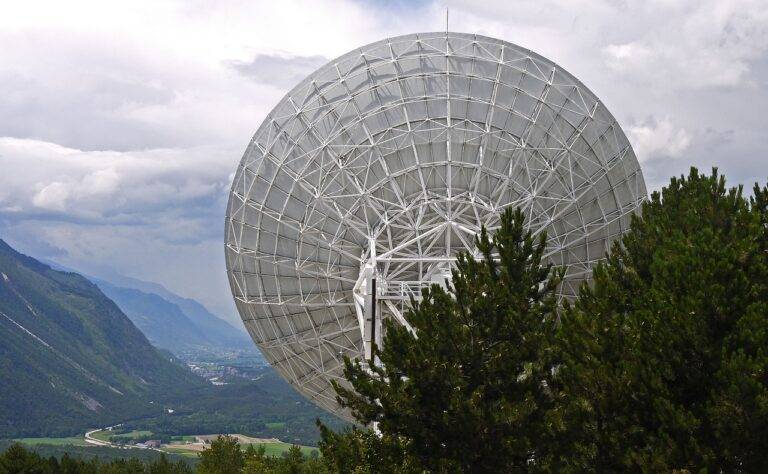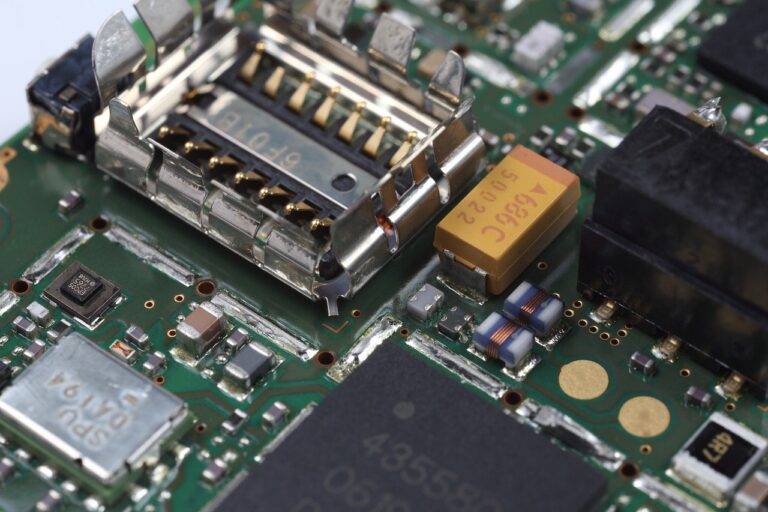The Future of Smart Grids: Grid Resilience Solutions
Smart grid resilience hinges on the ability to withstand and quickly recover from disruptions. One major challenge is the vulnerability to cyber attacks, which could compromise critical infrastructure and lead to widespread outages. Ensuring robust cybersecurity measures is essential to safeguard the smart grid against malicious threats.
Another key challenge is the aging infrastructure of the traditional power grid, which may not be equipped to handle the demands of a modern, interconnected system. Upgrading and modernizing existing components while integrating new technologies is crucial for enhancing the resilience of the smart grid. By addressing these challenges, the smart grid can become more reliable and adaptive in the face of evolving energy needs and potential disruptions.
Implementing Advanced Sensor Technologies
Advanced sensor technologies play a crucial role in improving the efficiency and reliability of smart grids. These sensors enable real-time monitoring of grid performance, detecting issues before they escalate and facilitating prompt interventions. By providing valuable data on electricity consumption patterns, grid conditions, and potential failures, advanced sensors empower utilities to make informed decisions that enhance overall system resilience.
Integration of advanced sensors in smart grids also enhances fault detection and predictive maintenance capabilities. With the ability to detect anomalies in grid operations and equipment performance, these sensors allow for proactive maintenance activities, reducing downtime and minimizing potential disruptions to the grid. Furthermore, the data gathered from these sensors enables better asset management strategies, optimizing the lifespan and performance of grid infrastructure.
• Advanced sensor technologies enhance the efficiency and reliability of smart grids
• Real-time monitoring capabilities help in detecting issues before they escalate
• Valuable data on electricity consumption patterns and grid conditions empower utilities to make informed decisions
• Integration of advanced sensors enhances fault detection and predictive maintenance capabilities
• Proactive maintenance activities reduce downtime and minimize disruptions to the grid
• Data gathered from sensors enables better asset management strategies for optimizing infrastructure performance
Enhancing Communication and Data Management Systems
As the smart grid continues to evolve, one of the crucial aspects that require attention is the enhancement of communication and data management systems. These systems play a pivotal role in ensuring seamless coordination and operation of the various components within the grid. With the increasing volume of data being generated by smart grid devices, it is imperative to have robust communication infrastructure and efficient data management practices in place.
Communication networks need to be reliable and secure to facilitate real-time data exchange and control signals between different grid elements. Moreover, the data management systems must be capable of handling large quantities of data efficiently, while ensuring data integrity and confidentiality. By enhancing communication protocols and implementing advanced data management techniques, smart grid operators can optimize grid performance, improve reliability, and enhance overall system resilience.
What are some key challenges facing smart grid resilience?
Some key challenges include cyber threats, physical security vulnerabilities, data management issues, and communication disruptions.
How can advanced sensor technologies help improve smart grid resilience?
Advanced sensor technologies can provide real-time monitoring data, detect anomalies or potential threats, and enhance the overall situational awareness of the grid.
What are the benefits of enhancing communication and data management systems in the smart grid?
Enhancing communication and data management systems can improve grid reliability, facilitate faster response to outages or disruptions, enable better coordination among grid components, and enhance overall grid efficiency.





